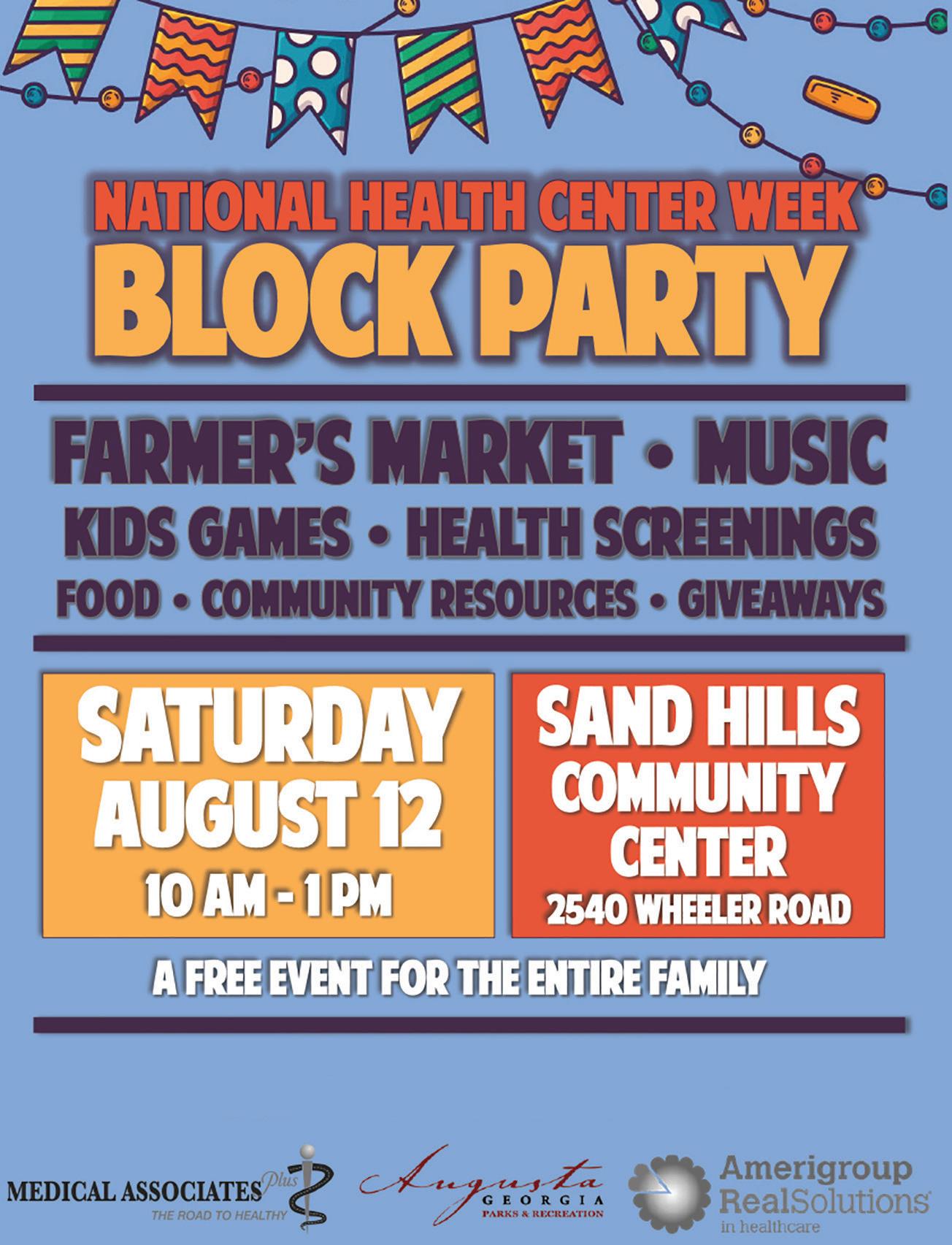
3 minute read
SHORTSTORIES
WHEN YOUR DOCTOR’S DIPLOMA ISN’T FROM A “NAME BRAND” MEDICAL SCHOOL
here in the U.S., yet ended up being absolutely terrific doctors. Some even became department chairmen and top-level medical researchers.
Why?
QUESTION • ANALYZE THINK
Health misinformation means health-related information that is false, unverified, and lacking scientific evidence. It poses a significant threat to public health as it directly influences individual choices, collective decision-making, and societal behavior. During the COVID-19 pandemic, health misinformation emerged as a global crisis, and its impact has only continued to grow at an alarming rate.
Today, a large number of people rely on new media technologies such as online encyclopedias, social media channels, and mobile health platforms to access health-related information. While these platforms enable swift information exchange, their lack of accountability, ineffective gatekeeping, and inadequate content regulation contribute to the uncontrolled spread of health misinformation. Moreover, widespread health illiteracy, linguistic barriers, and gullible social media users who struggle to evaluate health information further facilitate the rampant dissemination of unverified, false, and anti-scientific health claims.
Another concerning aspect is the increasing influence of social media influencers who promote products on platforms like Instagram, TikTok, and YouTube, often spreading unverified, unscientific, and misleading health recommendations. The appeal of flashy photo filters, video editing techniques, and the constant pressure to produce new content to maintain followers contribute to the proliferation of visual health misinformation. In today’s digital age, a person’s perceived expertise often correlates with the number of social media followers they have.
For individuals who rely on new media for health information, the following recommendations are valuable: Always check the primary source. The credibility of the information source is crucial in assessing its accuracy, reliability, and trustworthiness.
Look for professional qualifications. Verify the expertise of the person sharing health advice. Do they possess educational qualifications or certifications? Do they consistently share reliable health information? It is advisable to rely on information from qualified health experts only.
Think critically. Adopt a critical approach to judge, question, and analyze health information rather than blindly accepting it. This mindset will help determine the authenticity and dependability of the information.
Be wary of conspiracies. Consider whether the information source or author has biases or prejudices that may contribute to the inclusion of health information within a conspiracy theory. Personal agendas can lead to falsehood and deception.
Look for fact-checking websites. The World Health Organization, Centers for Disease Control and Prevention, the National Library of Medicine, and the National Institutes of Health are the most authentic websites to check for facts and reliable health information. In addition, websites like FlackCheck, SciCheck, and Snopes analyze misinformation and are also good sources to double-check health information before acting upon it or sharing it further.
Neha Gour is a graduate student
I’ve met countless doctors over my thirty-five years of practice as an oral and maxillofacial su rgeon. What I’ve found is this: where a doctor went to medical school is far less important than two other factors — the quality of the residency that he or she did, as well as the quality and variety of their experiences, in practice, after the residency.
I’ve known people that went to top medical schools who ended up being mediocre doctors at best, bad ones at worst. The opposite is also true. I’ve known people that went to mediocre schools, or even to overseas medical schools because they couldn’t get into schools
It’s because there’s much more to being a good doctor than just making diagnoses and deciding on appropriate treatments. There are factors that are not necessarily teachable, nor even measurable, things like empathy, sensitivity, compassion, kindness, caring, devotion, loyalty (to patients as well as to colleagues and staff), tenacity, ingenuity, creativity... These qualities, the very human side of medicine, have nothing whatsoever to do with which medical school you attended, nor even your residency. They are solely measures of your quality as a human being, of your ability to care for another person as if they were your own flesh and blood, your own family. That cannot be taught. But those that have such qualities in abundance will often make for a better doctor than someone who doesn’t have them, yet went to a “better: school or even a better residency. There have been many studies that have shown that patients who like their doctors very much more often than not do so because of their personality rather than their knowledge, IQ, or even training.
Uh oh. My new blood glucose monitor is not working.
+ by Dan Pearson
The one you just took out of the box 2 minutes ago?
Can you believe it? It s giving me a reading of 240! 104. See the picture right on the box? 104. What is it supposed to say?
Whoa. I hope you saved your receipt.










